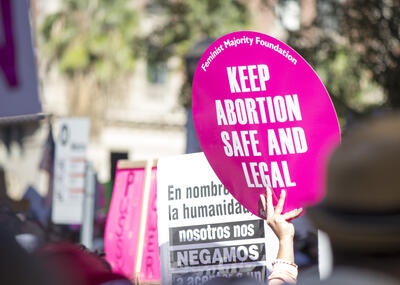Professor Bernhardi
Arthur Schnitzler
1912
I beg your pardon, gentlemen; a visitor whom I have to receive. Please dine—Oscar, have the kindness—
[All enter the dining-room. Bernhardi closes the door and pulls the portiere. Enter Priest.]
Good-evening, Professor!
A visit of condolence, Your Reverence?
Not exactly that, but I had a great desire to talk to you…
Schnitzler’s play examines social pressures and prejudices and their influence on ethical decisions. The central issue is Professor Burnhardi’s decision not to inform a patient’s family about a terminal diagnosis. The rest of the play explores the consequences of this decision, including antisemitic reactions to Professor Burnhardi, who is Jewish. The themes explored in this play were inspired by historical events in early twentieth-century Vienna, a hub of intellectual development and culture that was also rife with the antisemitism that would explode later in the century.
Which social groups do the Professor and the Priest represent?
How does an understanding of the historical backdrop inform your analysis of the passage?
What was left unsaid during the court case, and why does this strain the relationship between the Professor and Priest?
Creator Bio
Arthur Schnitzler
Arthur Schnitzler was born in Vienna into an affluent family, well connected to Vienna’s theater elite—his father, a prominent laryngologist, treated some of the city’s best singers and actors. Although he received his medical degree from the University of Vienna in 1885, Schnitzler did not practice medicine for long, turning instead to a writing career. openly contemplating and depicting sexuality, much of his work aroused controversy among middle-class audiences in Austria-Hungary and Germany. Schnitzler’s writing, especially his plays, impressed his acquaintance Sigmund Freud. Schnitzler himself participated in the peer review of psychology papers during his short medical career, but the playwright did not consider himself a part of the group of psychoanalysts that gathered around Freud. He reached the peak of his popularity just prior to World War I, but Schnitzler and his work fell out of fashion following the war, and he became increasingly the target of antisemitic vitriol. After Hitler designated his works as “Jewish Filth,” they were banned by the Nazis in Austria and Germany. Best remembered as a playwright, Schnitzler wrote a series of genre-defining novellas, notably Traumnovelle (1926), which was the basis for Stanley Kubrick’s Eyes Wide Shut (1999).
You may also like

Jewish Perspectives on Reproductive Rights
Since Roe v. Wade was overturned in June of 2022, abortion’s political, religious, and social impact has been at the forefront of political debate in the United States.


